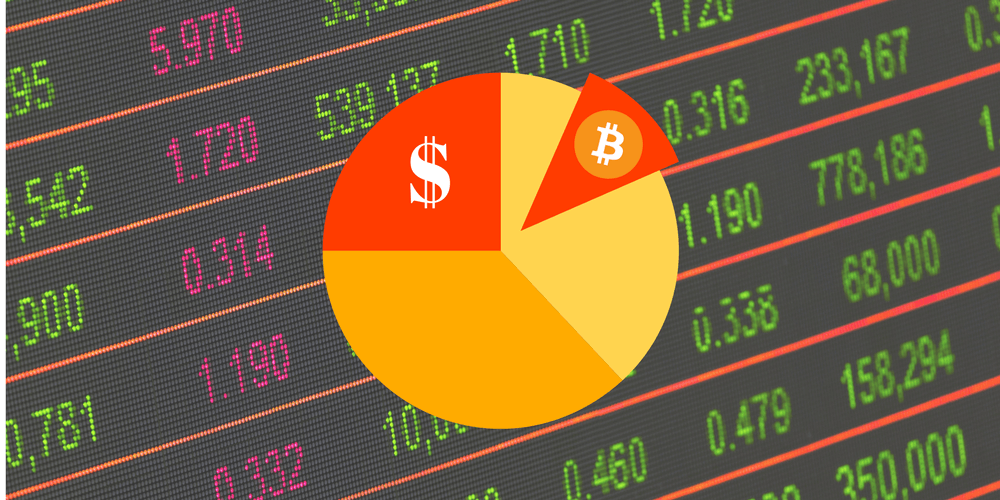
Dan Morehead, the founder of Pantera Capital and chairman at Bitstamp, a major cryptocurrency exchange that accounts for around 13 percent of Bitcoin-to-USD trades on a daily basis, stated that bitcoin will likely become a rational and expected part of portfolios in the near future.
At the Sohn investment conference in San Francisco, Morehead told a crowd of portfolio managers and asset allocators that bitcoin will revolutionize money in the coming years by providing an alternative to existing banking systems and fiat money.
“Bitcoin’s essentially going to revolutionize currency or money. If it does work, the upside is so high, it’s a rational, expected thing to have in your portfolio,” said Morehead.
For a wide range of investors ranging from casual traders and institutional investors, bitcoin could be considered as a rational investment especially in periods of global market volatility and economic uncertainty. Since 2016, investors have increasingly begun to adopt bitcoin as a safe haven asset and a robust store of value, because of its decentralized nature and unique monetary supply that makes bitcoin a deflationary currency.
The demand for bitcoin as a long-term investment has continued to rise as governments including Japan and South Korea moved toward legalizing the digital currency and providing practical regulatory frameworks around bitcoin. Last month, the Japanese government and its Financial Services Agency (FSA) authorized 11 cryptocurrency exchanges after introducing a national licensing program for cryptocurrency trading platforms.
As Ari Paul, the CIO and Managing Partner of BlockTower Capital and former portfolio manager for the University of Chicago Endowment explained during his interview with Epicenter, investment from large-scale institutional and retail investors is still premature. For that reason, some of the largest financial institutions in the US such as Fidelity, an investment firm with over $2.13 trillion under management, is still experimenting with cryptocurrencies by mining bitcoin and Ethereum, and by testing payments using two-layer solutions. But, companies like Fidelity are not moving forward with major investments.
Earlier this year, trading platforms Coinbase and the Winklevoss owned Gemini have vowed to provide sufficient liquidity and regulated investment channels for institutional and retail investors in the upcoming months. Such improvement in the cryptocurrency exchange market in terms of infrastructure and liquidity will further lead to an increase in demand for bitcoin from portfolio managers, investors, and traders. Possibly, through Coinbase and Gemini, institutional investors could expose themselves to a new asset class in cryptocurrencies.
Bitcoin will also likely be an expected part of portfolios because the vast majority of people familiar with bitcoin and cryptocurrencies have started to realize that bitcoin is a legitimate decentralized financial network, despite the baseless condemnation of key figures in the finance industry including JPMorgan CEO Jamie Dimon.
More importantly, critics that previously described bitcoin as a bubble, a scam, a fad, and a fraud in the likes of Mark Cuban and Peter Schiff have begun to address the growing demand for bitcoin. Last week, at the Vanity Fair New Establishment Summit in Los Angeles, billionaire investor Mark Cuban confirmed that he has purchased several bitcoins through Bitcoin XBT, a bitcoin exchange-traded note (ETN) provider in the Swedish Nordic Nasdaq.
“It is interesting because there are a lot of assets which their value is just based on supply and demand. Most stocks, there is no intrinsic value because you have no true ownership rights and no voting rights. You just have the ability to buy and sell those stocks. Bitcoin is the same thing. Its value is based on supply demand. I have bought some through an ETN based on a Swedish exchange,” said Cuban.
As more investors and traders invest in bitcoin as a safe haven asset, long-term investment, and a digital currency, bitcoin will become a rational part of portfolios and an expected asset to be included in a diversified selection of currencies and stocks.

